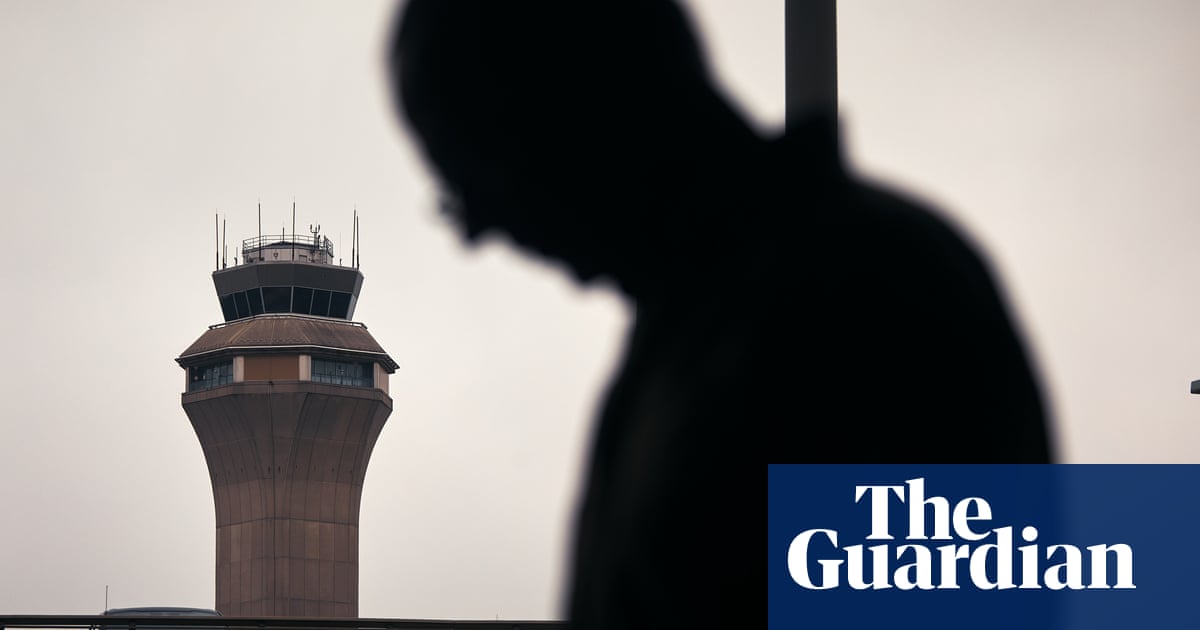
Former Uruguayan President José “Pepe” Mujica on Oct. 27, 2024.
Natacha Pisarenko/AP
conceal caption
toggle caption
Natacha Pisarenko/AP
BOGOTÁ, Colombia — José Mujica, a former guerrilla fighter who turned a logo of nationwide reconciliation after he disarmed and was elected president of Uruguay, and whose frugal residing earned him the nickname “the world’s poorest president,” has died. He was 89.
His demise was introduced Tuesday by Uruguayan President Yamandú Orsi. “It’s with profound sorrow that we announce the passing of our pal, Pepe Mujica. President, activist, chief and information. We’ll miss you very a lot, pricey previous man. Thanks for all the things you gave us and on your profound love on your individuals,” Orsi wrote on social media.
Mujica had said in January that his esophageal most cancers had unfold to his liver and that he would forgo additional medical therapy.
Mujica, Uruguay’s president from 2010 to 2015, was amongst of a batch of left-leaning politicians — typically known as the “pink tide” — who got here to energy in Argentina, Brazil, Chile and elsewhere in Latin America within the early a part of this century.
He oversaw an financial increase, a surge in international funding and a discount in poverty within the small South American nation of greater than 3 million individuals, whereas avoiding corruption scandals. His progressive insurance policies included legalizing abortion, marijuana and same-sex marriage, in addition to the resettlement of warfare refugees from Afghanistan.
“It was a really profitable presidency,” mentioned Pablo Brum, who interviewed Mujica for his e-book The Robin Hood Guerrillas. “In these years, he turned a celebrity. The Economist named Uruguay the first-ever ‘nation of the 12 months.’ There was a Uruguay mania. He put Uruguay on the map for lots of people.”
Mujica, extensively identified by his nickname, “Pepe,” was 8 when his father died, leaving him to be raised by his flower-seller mom. Outraged by Uruguay’s hole between wealthy and poor and fascinated by the 1959 Cuban Revolution, he sought political change by means of guerrilla warfare.
“By the early Nineteen Sixties, Mujica was amongst many younger individuals who discovered armed battle wherever from fascinating to inevitable,” Brum mentioned. “So the notion of, like Che Guevara, selecting up a gun and effecting social change and political change — proper right here, proper now — he fell into that.”
Mujica joined the National Liberation Movement, a insurgent group extensively often known as the Tupamaros. Its members carried out bombings, financial institution robberies and kidnappings and in 1969 briefly occupied the Uruguayan city of Pando. However the Tupamaros by no means got here near seizing energy, and in 1970 Mujica was captured after a shoot-out with police wherein he was badly wounded.

Folks strolling within the rain go by a picture of Uruguay’s then-president, José Mujica, in the course of the presidential runoff election in Canelones, Uruguay, on Nov. 30, 2014.
Matilde Campodonico/AP
conceal caption
toggle caption
Matilde Campodonico/AP
After recovering, Mujica took half in an audacious jailbreak. His fellow Tupamaros inmates constructed a 130-foot-long tunnel to a home throughout the road from the jail, which allowed Mujica and 105 different rebels to flee.
However most have been shortly rounded up. Mujica was crushed and tortured, and he spent a lot time in solitary confinement that he befriended ants, frogs and rats.
Nonetheless, jail gave him time to mirror — and to understand the rebels have been doing extra hurt than good. Certainly, insurgent violence and chaos weakened Uruguay’s civilian authorities and helped pave the way in which for a 1973 coup that plunged the nation into army dictatorship.
“What we did not notice was that while you play with hearth, chances are you’ll unleash forces which you could’t management,” Mujica informed the Uruguayan newspaper El País in 2020.
Mujica “spent these years [in prison] attempting to teach himself, attempting to know the political system, the world, and likewise to know who he was,” says Mauricio Rabuffetti, a Uruguayan journalist who wrote a biography of Mujica.
Mujica was launched in 1985. By that point, Uruguay’s dictatorship had given strategy to a democratic authorities, and Mujica ultimately embraced electoral politics.
In doing so, says Rabuffetti, “he helped be certain that Uruguay would [become] a secure nation with robust establishments. He understood that Uruguayans did not need a combat however, quite, peace and stability.”

Uruguayan President José Mujica sits outdoors his dwelling throughout an interview on the outskirts of Montevideo, Uruguay, on Could 2, 2014.
Support Greater and Subscribe to view content
This is premium stuff. Subscribe to read the entire article.
















